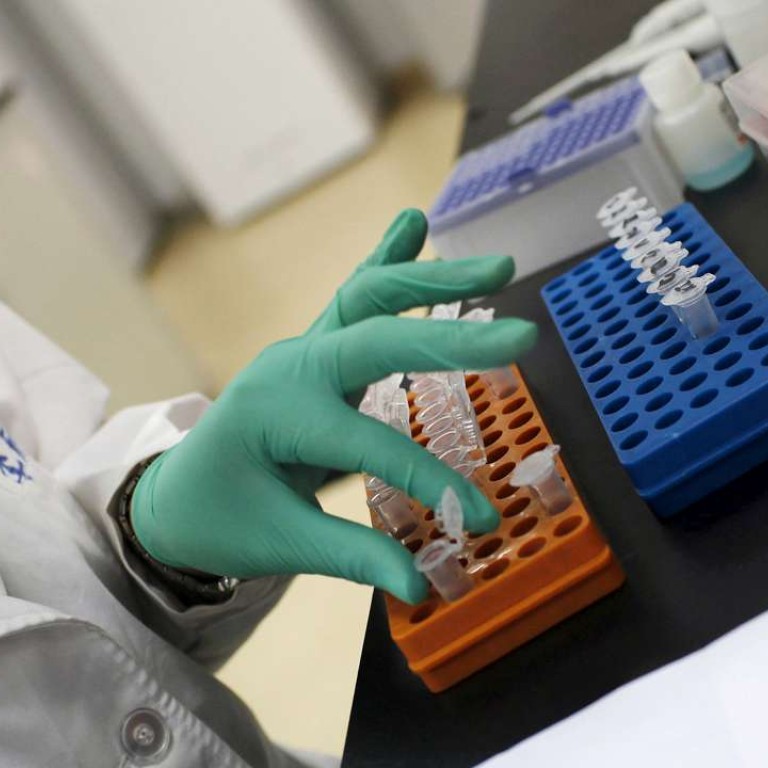
China’s booming grubby business of doctoring peer reviews for medics and scientists
Doctors and academics are paying shady agencies to help them establish their research credentials, in a bid to gain promotions and status
“Ghost” agencies that help doctors and academics publish research papers by providing them with phoney peer reviews have become a booming industry on the mainland.
The clients of these shady agencies include researchers at top universities, some of whom are receiving state funding. To get promotions or status, they need to have papers published in influential journals. These papers need to be reviewed by experts in the same field in a process called peer review.
The retraction of hundreds of papers, published through outlets like Tumour Biology, BioMed Central, Springer, Elsevier and Nature between 2012 and last year, revealed an industry based on academics and doctors who were willing to cut corners for quick success, researchers said.
China is one of the world’s largest producers of academic papers, contributing more than 300,000 works to international journals annually, but the many retractions involving Chinese authors aroused suspicions.
An investigation was launched by the National Natural Science Foundation of China, which has allocated more than 25 billion yuan (HK$28.25 billion) to funding science projects.
The inquiry revealed the existence of third-party agencies that provide bogus peer reviews for academic papers.
Springer said last week it retracted more than 100 research papers involving 524 Chinese doctors. And last year, Anhui police busted a ring of 78 people, which had charged some 2,000 doctors thousands of yuan each to cite their publications in phoney medical journals.
Doctors blamed a promotion system that requires that they publish papers in leading scientific journals.
Compared to the West, the promotion system for Chinese doctors is based more heavily on teaching excellence and the number of times they have been published in influential journals, such as those that appear in the Science Citation Index.
“Mainland doctors are already notorious for their heavy workload. We constantly work long hours and many have teaching responsibilities, too. There is little time left for working on papers,” said an ophthalmologist at a public hospital in Shanghai.
Chen Yuanzhong, president of Fujian Medical Union Hospital, said third-party agencies had grown to meet this demand. “It has to do with some doctors’ eagerness for quick success and a lack of discipline in academics, but they don’t have to cheat.
“Such papers do not have to be done in a lab,” Chen said. “They can be from their clinical cases, and we do see many such papers, in top medical journals. Time constraints are no excuse.”

